When you know what you’re looking for, stacking gold and silver is a straightforward process. You buy it, you hold it, you admire it, and it feels good knowing you’ve got something real in your hands. Selling is where things can get tricky. That’s when a lot of people realize this isn’t like the TV shows or what you see in the movies. There’s no dramatic back and forth, no “let me call my buddy who’s an expert.” In the real world, a dealer gives you a number, and that’s it. Take it or leave it.
I’ve been on both sides of the counter, and I’ve seen every kind of deal go down. I’ve been the guy trying to cash in a couple coins and wondering if I got shorted, and now I’m quoting prices all day long as a high-volume online bullion dealer. Here’s the truth: there are fair deals out there, but if you don’t know how this game works, you can absolutely get taken for a ride.
This guide is my straight talk on how to sell your metals without getting burned. I’ll show you what really matters, where people mess up, and how to walk away with cash in hand knowing you didn’t just give away your stack.

1. Know Your Starting Point: Spot Price
How Spot Price Sets the Floor for Your Gold and Silver
If you’re going to sell gold or silver, the very first number that matters is the paper spot price. That’s the live market price dealers are watching every second of the day. It’s not a guess, it’s not “what I feel like paying,” it’s the anchor.
When you sit down with a dealer, their bid is going to hug that spot price. Sometimes you’ll get a little above if it’s a hot item like American Silver Eagles or Gold Buffalos. Sometimes it’ll be a touch under if it’s something harder to move, like larger generic bars or scuffed up rounds. The key thing to remember is this: nobody is paying you back the premium you paid when you bought. That was on the buy side. On the sell side, it all starts at spot and works down from there.
If you know this walking in, you’re already ahead of most sellers. Too many people think they should get “retail value” back when they sell, but that’s not how the game works. Dealers live and die by spot, and so should you.
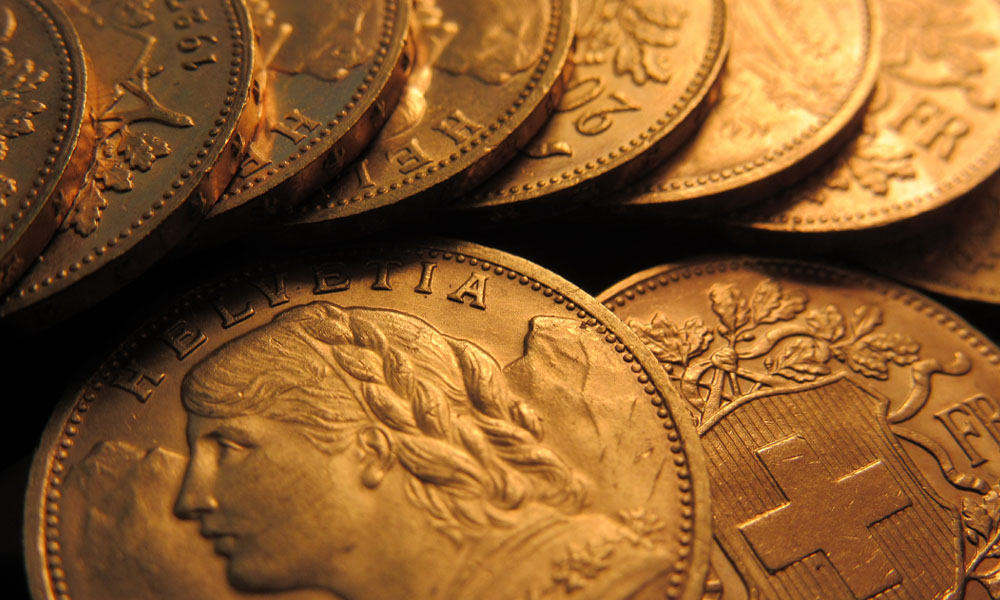
2. Understand Dealer Margins
Why Dealers Can’t Pay You Retail for Your Coins
Here’s the part most people don’t realize: dealers aren’t getting rich off your coins. We’re making a few percent at best. That’s it. The spread between what you sell to us for and what we can turn around and sell it for is razor thin, and that’s what keeps the lights on, pays staff, covers shipping, and absorbs the risk of holding inventory when spot moves against us.
So, when you get a quote, don’t picture some dealer pocketing a massive payday at your expense. The reality is we don’t have the wiggle room you see on TV shows. This isn’t Pawn Stars. There’s no dramatic haggling, or discussion of auction fees, and the metal most certainly won’t need to get mounted and framed. Most of the time, a dealer already has a set bid price in mind that keeps their business running, and that’s what you’re going to hear when you ask.
If it feels low to you, remember that dealers also have to line up buyers on their end. A product that moves fast, like an American Silver Eagle, can bring a stronger bid than a random 100-ounce silver bar that might sit on the shelf for a minute. It’s not a personal preference thing, it’s about how quickly we can move it to the next guy.
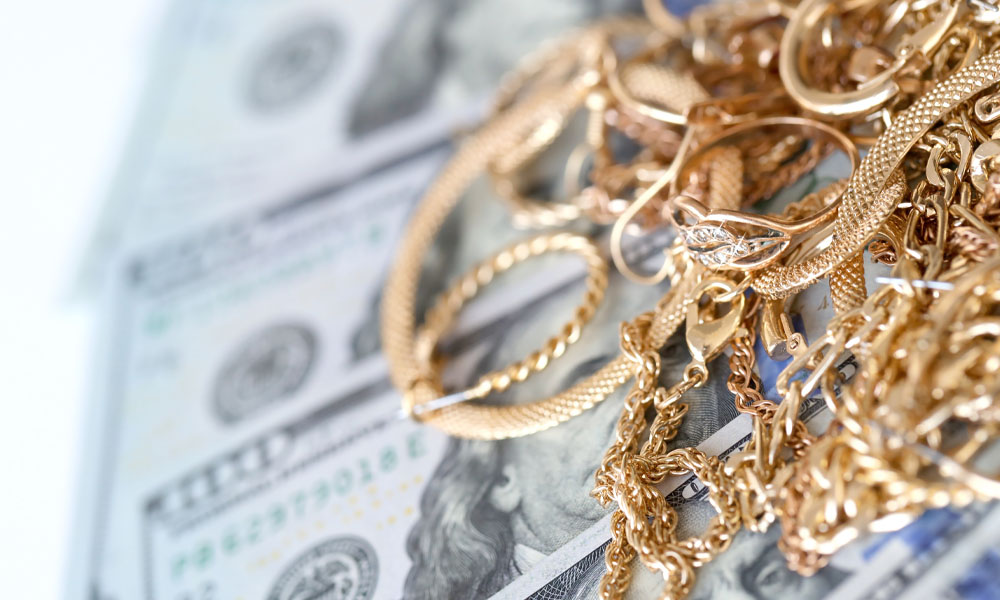
3. Check the Market Yourself
Using Local Shops, Online Dealers, and eBay to Gauge Value
Do not just walk in blind and hope for the best. Getting quotes is easy. Call your local coin shop and ask for their buy price. Check an online bullion dealer since plenty of us post live buyback quotes right on the website. That gives you a baseline before you even think about selling.
eBay is a useful tool, but only in the right situations. If you have a collectible coin, like a rare date Morgan or a proof issue, checking “sold” or “completed” listings shows what buyers are actually paying. That is where eBay shines. But if you are holding generic bullion bars and rounds, you can forget eBay. Once you lose 13 percent to fees and deal with random buyers, shipping, and returns, the dealer’s offer sitting in front of you will almost always net out better.
And here is the other piece most people miss. Selling to an online dealer means you have to ship your metals in first, so you are waiting a few days before you get paid. Local coin shops are faster if you need money today, but even then, a lot of them prefer to hand you a paper check instead of physical cash. At the end of the day there is no magic option. Every path has its costs, so your job is to figure out which one makes the most sense for your situation.

4. Get Multiple Quotes
Why You Should Always Shop Around Before Selling
Never take the first offer and assume that is the going rate. Dealers set their bids based on what they need at the moment, how much cash they have on hand, and how quickly they think they can move your metal. That means the quote you get on Tuesday morning at one shop might look different than the quote you receive Wednesday afternoon somewhere else.
The smart move is to shop it around. Call two or three local coin shops. Check what the bigger online dealers are paying. Some will be aggressive on Silver Eagles, others will want Gold Buffalos, and another might be desperate for generic bars to fill buy orders. It can all depend on their book of business that day.
If you are selling a decent amount of metal, a little effort here can put real money back in your pocket. Even a small difference per coin or per ounce adds up fast when you are moving tubes, rolls, or larger bars. The guy who only takes the first number he hears is the one who usually leaves money on the table.
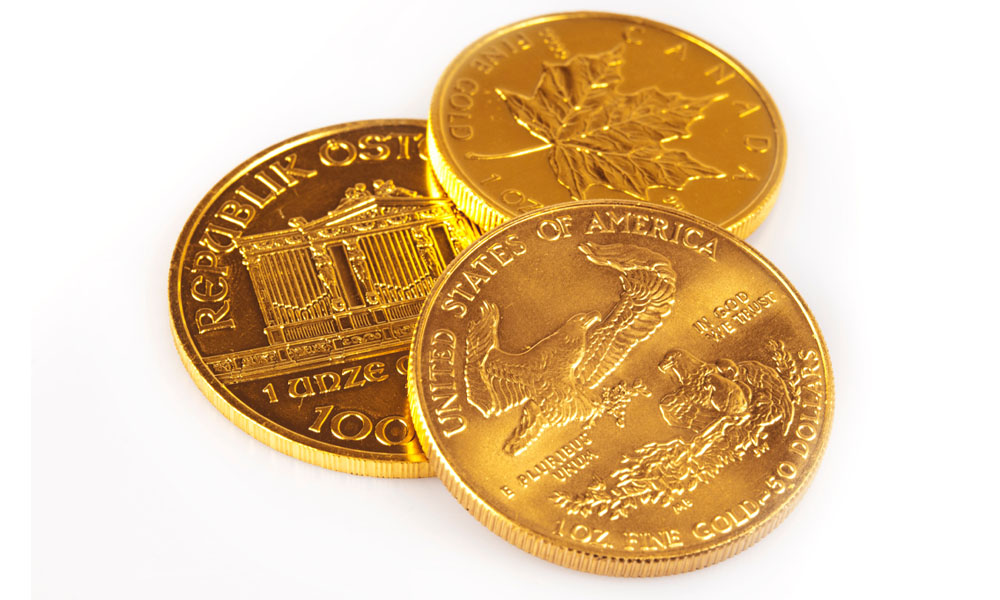
5. Dealer Needs Drive Value
Why Some Coins Bring Higher Bids Than Others
Not every piece of gold or silver is created equal when it comes time to sell. Dealers pay more for what they know they can flip quickly. American Gold Eagles, Silver Eagles, Gold Buffalos, Canadian Maples; these are the easy movers. Everybody wants them, and they rarely sit on the shelf for long. That demand shows up in the buy price.
On the other hand, big bars, obscure world coins, or scratched-up pieces are harder to move. A dealer will still make an offer, but the bid is going to be softer because they are taking on more risk and more holding time. The longer something sits in inventory, the less attractive it is to buy.
You also have to remember that dealers are constantly managing cash flow. Every dollar tied up in slow-moving inventory is a dollar that cannot be used to buy the stuff customers are actually asking for. That is why one seller might bring in an ounce of gold today and get a stronger quote than another seller with a different type of ounce tomorrow. It is not just about the gold content, it is about how fast the dealer can sell it to the next guy. Once you see it from that perspective, the numbers make a lot more sense.
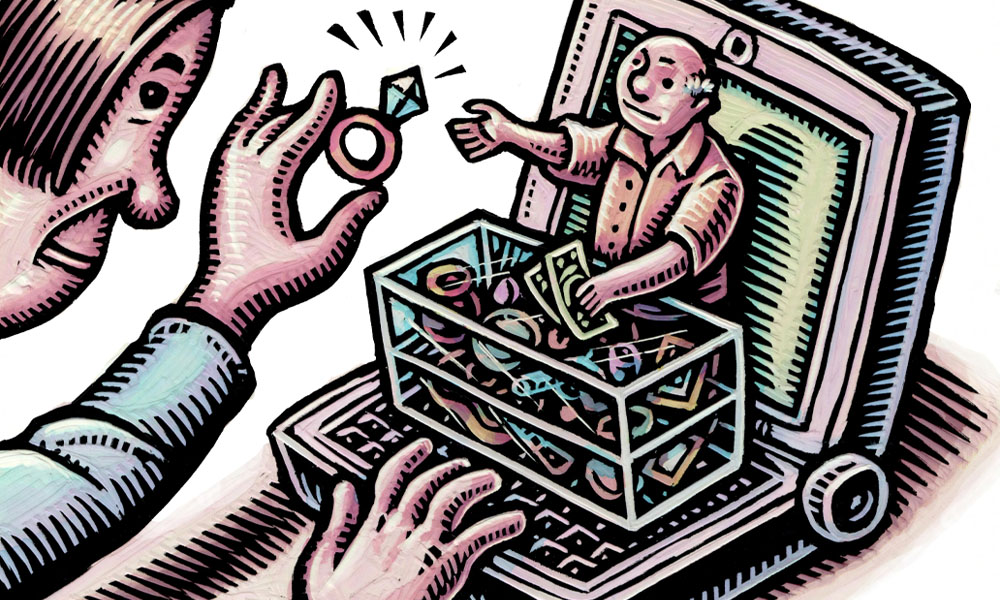
6. Avoid Red Flags
How to Spot a Fair Dealer vs a Lowball Offer
When it is time to sell, not every buyer is worth your time. There are plenty of shops that will take your metal, but some of them are going to bleed you dry. The worst offenders are the “we buy gold” outfits you see plastered on billboards and street corners. Their spreads are brutal and they count on people being desperate or uninformed. If you want to lose a big chunk of value in one shot, that is the fastest way to do it.
Be careful with anyone who leads with marketing fluff like “we pay the most guaranteed.” If a buyer really had the best price, they would not need to shout it. Reputable shops and online dealers post their numbers upfront and let the quotes speak for themselves.
If you are shipping metals, stick with established dealers that have a real reputation to protect. Make sure you are using insured, trackable shipping and that you have a clear process for when and how you get paid. A good dealer will spell it out for you in plain English before you ever send your package.
Selling gold and silver should feel straightforward enough. If something feels off, it probably is. Walk away and find a buyer who treats the deal like a business transaction, not a hustle.
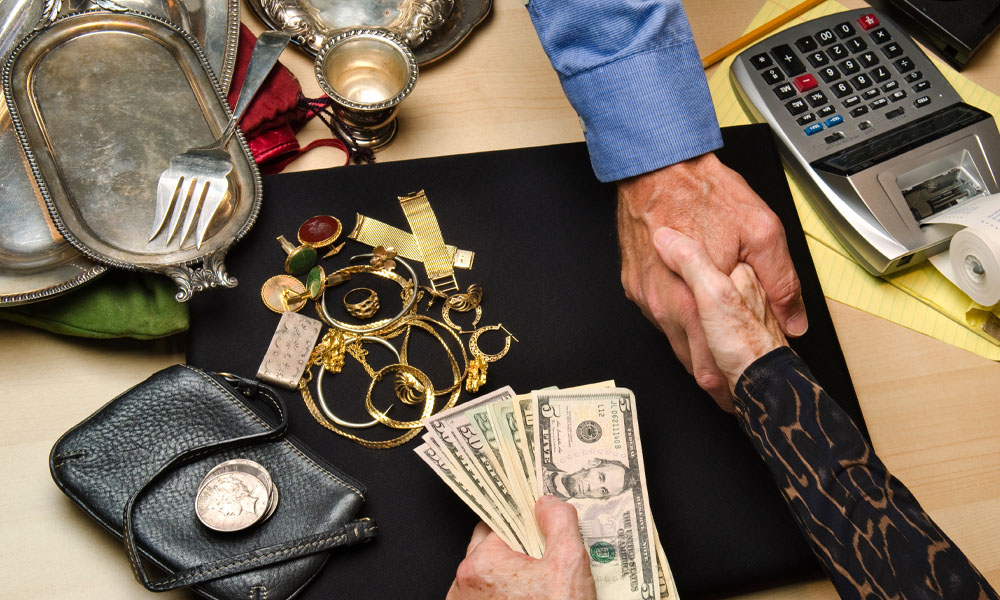
Conclusion
Stack Smart, Sell Smart, and Protect Your Long-Term Value
Selling gold and silver is not complicated once you understand how the game works. Start with the spot price, know that dealers are working on thin margins, and always check the market yourself so you know where you stand. Get more than one quote, remember that dealer demand drives value, and steer clear of the shops that make their living off desperate sellers.
At the end of the day, a fair deal is one where you get a strong price and the dealer still makes enough to keep their business running. That balance is what keeps this whole market moving.
If you have taken the time to build your stack, take the same care when it comes time to sell. Know your numbers, know your options, and you will never get ripped off.
